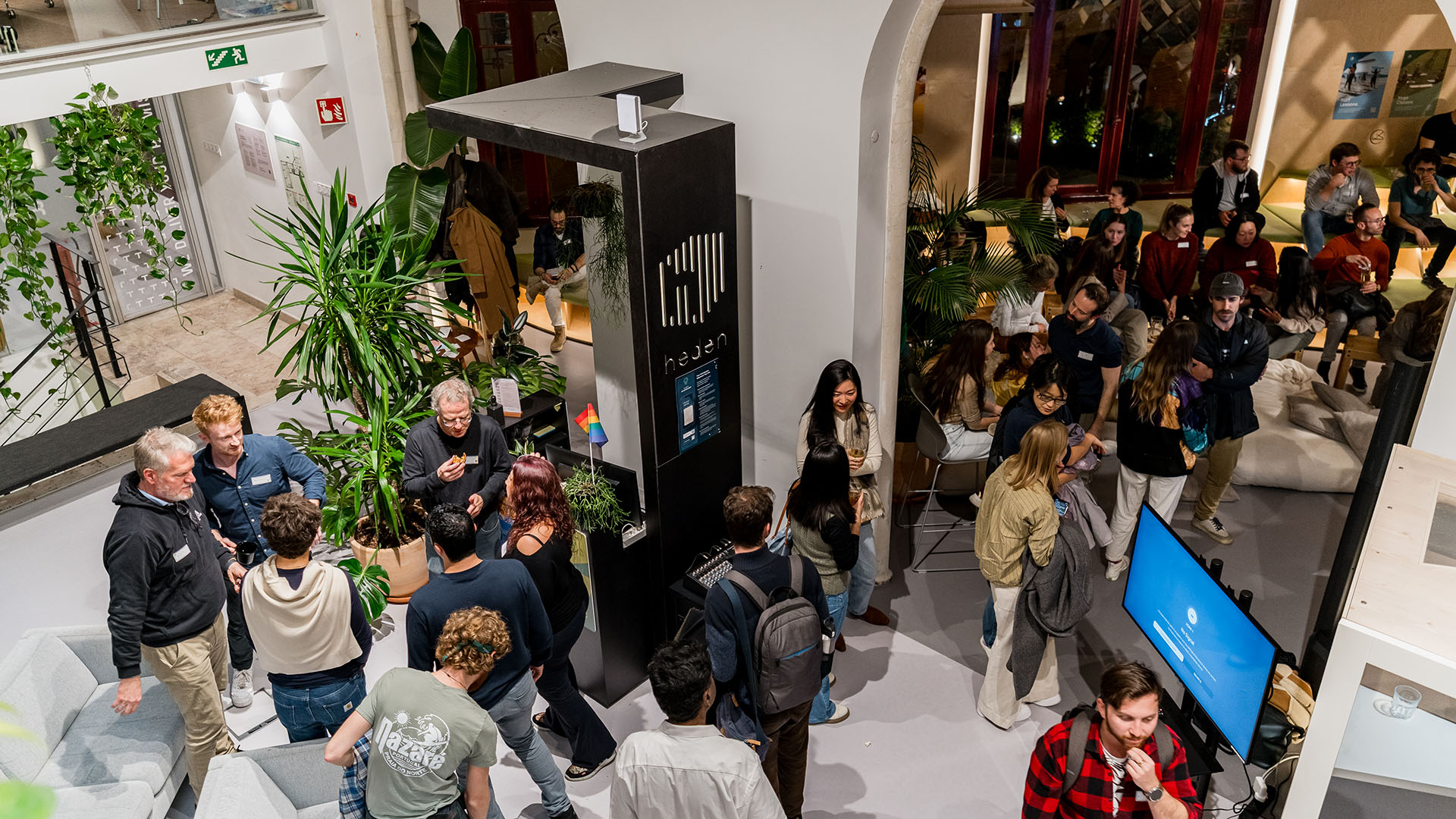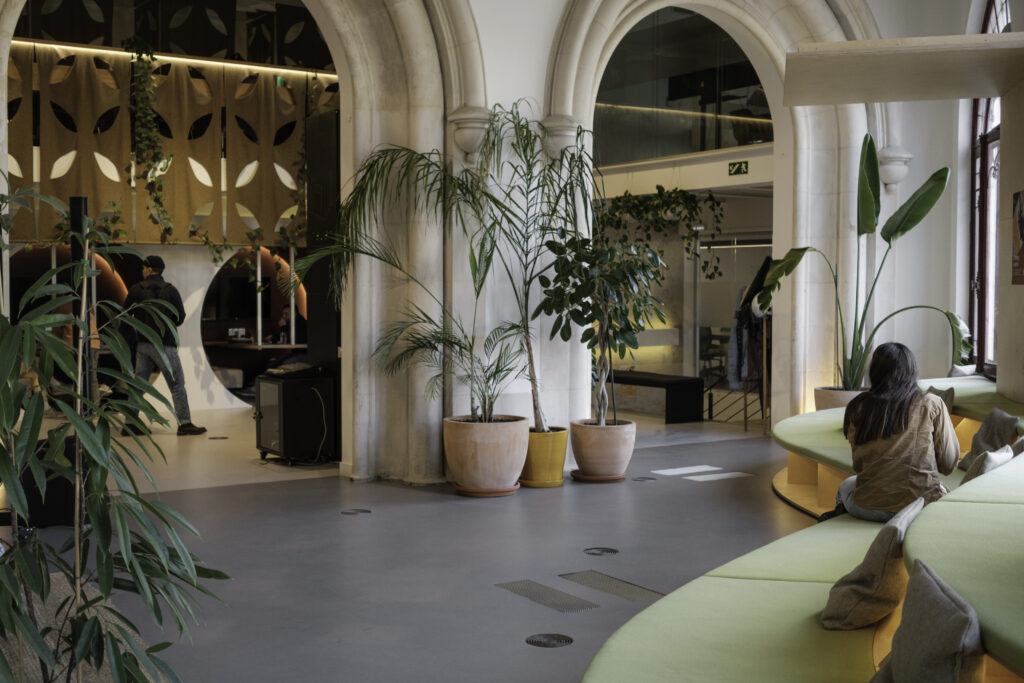
Introduction
The way we work has shifted permanently. In Europe, hybrid work remains the dominant model for roles that can be performed remotely. While fully remote work is declining, many businesses are rethinking how office space is used — leaning toward flexibility, better amenities, and higher standards. Lisbon, with its thriving international business environment, rising demand, and scarcity of high-quality offices, is at the forefront of this trend. If you’re considering office spaces in Lisbon, here’s what you need to know in 2025.
1. European Trends: Hybrid Work, Employee Expectations & Office Market Shifts
- According to recent surveys (Eurofound), hybrid work — where employees alternate between remote and in-office work — remains the norm in the EU. Fully remote roles are declining; more companies expect some in-office presence. euronews
- Worker preferences still lean toward flexibility, better work-life balance, and wellbeing, which includes how (and where) offices are designed.
- In Portugal, especially in Lisbon, there has been strong interest in flexible office spaces: co-working and shared workspaces are expanding both inside Lisbon and in its outskirts. Essential Business
These trends create pressure on traditional office leases and accelerate demand for offices that are plug & play, responsive to hybrid schedules, and located in well-connected, amenity-rich districts.
2. Lisbon’s Office Market in Numbers (2024-2025)

Here are the key metrics to understand Lisbon’s current office space dynamics:
| Metric | Value / Trend |
|---|---|
| Total office take-up in Q1 2025 | ~ 16,260 sqm across Lisbon. cbre |
| Office take-up in Q2 2025 | ~ 67,806 sqm. cbre |
| Vacancy (Q2 2025) | ~ 8.28% in Lisbon. cbre |
| Grade A office stock | Only about 15-20% of Lisbon’s office stock meets “Grade A” standards. savills |
| International demand | In Q1 2025, ≈63% of take-up came from international companies. savills |
These numbers show that while demand is strong, quality and location are differentiators — companies are committing to spaces that meet high expectations for design, energy efficiency, amenities, and hybrid-friendly features.
3. Common Challenges for Hybrid Teams & Traditional Offices
Even with demand rising, there are pain points that retainers, landlords, or businesses leasing long-term often underappreciate:
- Under-utilised space: Companies still paying for large fixed leases, even when many employees work remotely several days per week.
- Lack of proper hybrid meeting infrastructure: Video conferencing, shared spaces, flexibility to scale up/down.
- Employee disengagement / culture drift if the physical space is poor in comfort, location, amenities, or daylight and design.
- Sustainability & ESG demands: More companies and employees expect working spaces that are energy-efficient, environmentally certified, and well-connected (public transit, cycling access etc.).
4. Flexible Office Spaces as a Solution
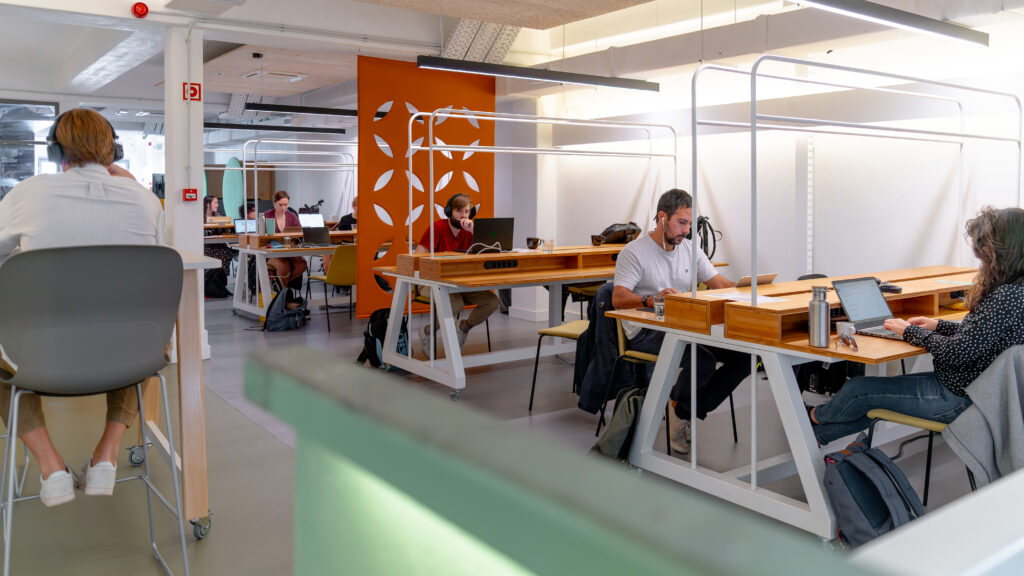
Here’s how a flexible office model addresses those challenges — and where Lisbon is especially well-positioned.
- Flexibility & scalability — short leases, part-time desks, meeting rooms, satellite offices. You pay for what you need.
- High-quality design & amenities — modern workspaces with hybrid meeting tech, natural light, good ventilation, wellness features. These improve productivity and help with talent retention.
- Location matters — proximity to transport, neighbourhood amenities, and flexibility around where people live vs where they work. For companies hiring internationally, being in a globally appealing city like Lisbon is a key draw.
- Sustainability & building quality — Grade A standards, retrofit existing buildings to high ESG certification, smart buildings. Lisbon has a shortfall of Grade A stock; opportunities are emerging for modern, sustainable spaces. savills
- Community & culture — flexible workspaces often provide more than just desks: events, informal spaces, shared amenities which help maintain culture, spin-offs, serendipity.
5. Practical Checklist: Choosing the Right Office Space in Lisbon
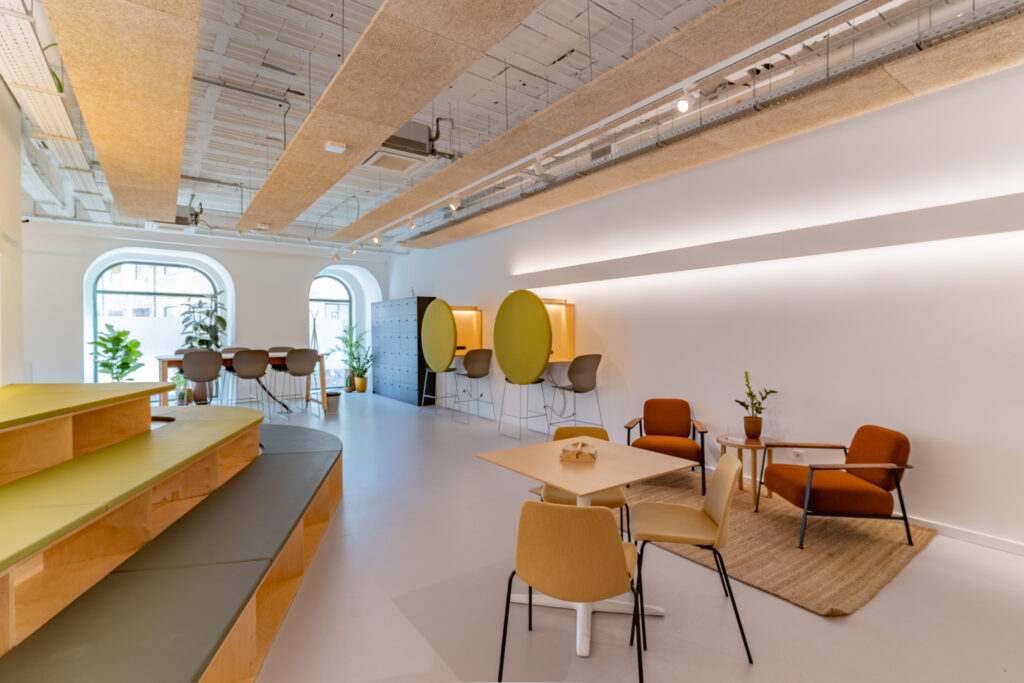
If you’re evaluating office spaces Lisbon, here’s a checklist to guide your decision:
- Location & transport: how close to public transit, commute times for your team, parking / bike access.
- Grade & building quality: lighting, HVAC, energy certifications (LEED / BREEAM), smart building features.
- Flexibility in membership/lease: ability to scale up/down, book meeting rooms, hybrid / part-time desk options.
- Amenities & wellness: common spaces, green areas, café or kitchenette, community events, wellbeing features.
- Hybrid meeting infrastructure: good AV, reliable connectivity, acoustics, private meeting spaces.
- Pricing transparency: hidden costs (maintenance, utilities, cleaning etc.), flexibility vs long-term lease value.
- Sustainability & ESG credentials: emissions, certifications, waste & energy policies.
- Appearance / brand alignment: how the office reflects your company culture and can help with employer branding.
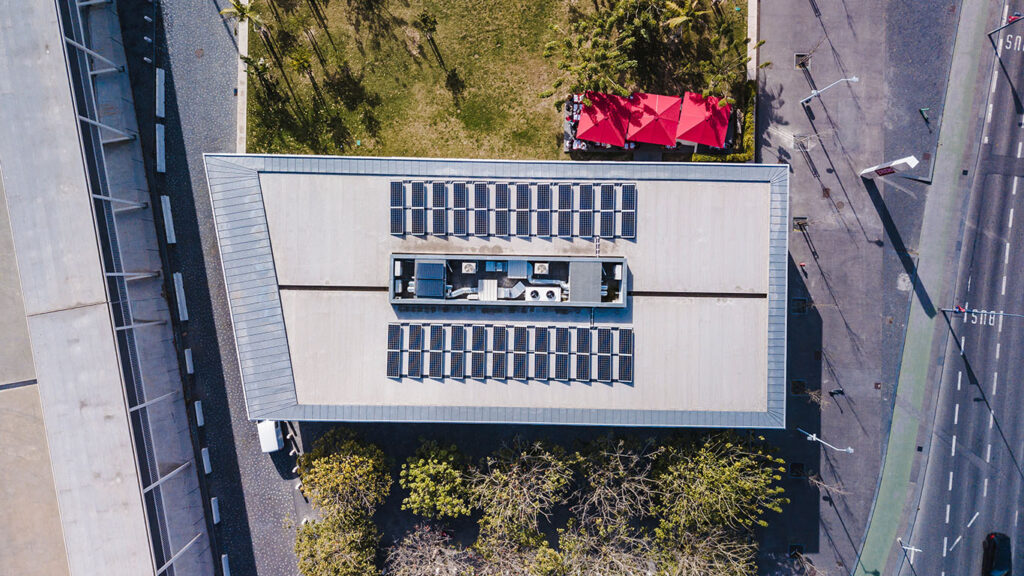
6. Where in Lisbon to Look for Flexible & High Quality Office Spaces
Some of Lisbon’s most appealing zones for office/ flexible space, based on recent take-up, rents, and supply:
- CBD zones (Central Business District 1 & 2): Highest rents, most “prime” spaces, and strong demand.
- Historic & Riverside axis: Heritage + views + transport access. Great for companies wanting character + centrality.
- Parque das Nações & Western Corridor: newer buildings, better infrastructure, more Grade A stock. Recent take-up in these zones has been significant.
7. Case Snapshot: What 2025 Looks Like for Lisbon
- In Q2 2025, ~ 67,806 sqm of office space was occupied in Lisbon. Vacancies slightly decreased to ~8.28%. cbre
- Grade A supply remains limited (15-20%), so tenants are paying premiums for modern, well-equipped spaces. savills
- Co-working / flexible operators are expanding in/out of Lisbon, and occupancy rates in flexible spaces are high (≈ 80+% in many existing spaces). Essential Business+2Business News – PBN
Conclusion & Call to Action

Lisbon is no longer just a charming lifestyle capital—it’s become one of Europe’s most competitive and resilient office markets. For companies that embrace hybrid work, flexibility, and invest in quality workspaces, the rewards are clear: better employee satisfaction, stronger employer brand, smarter cost control, and space that can adjust to evolving ways of working.
If you’re exploring office spaces in Lisbon, here’s what to do next:
- Book a tour of Heden’s locations (e.g. Rossio, Santa Apolónia, Alvalade) to compare firsthand amenities and flexibility.
- Try a short-term membership or trial day to test how the space suits your hybrid-team dynamics.



